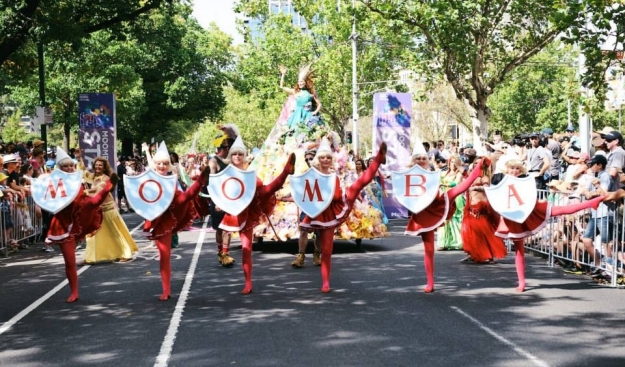
-
MOOMBA FESTIVAL
JOIN US FOR MOOMBA: Mestre Val Boa Morte & Capoeira Filhos da Bahia will once again be gracing the MOOMBA FESTIVAL for the first time since 2008!
Come and enjoy learning Capoeira for the first time or brush up on some old skills, down at MOOMBA FESTIVAL get in and amongst it all in the CITY OF MELBOURNE! AXE!
2 x CAPOEIRA WORKSHOPS DAILY
@ The Lawn, Alexandra GardensWorkshop Times
3:00pm – 3:30pm
5:00pm – 5:30pmEach Day on:
SATURDAY 7th MARCH
SUNDAY 8th MARCH
MONDAY 9th MARCH
Join our Facebook EVENT PAGE 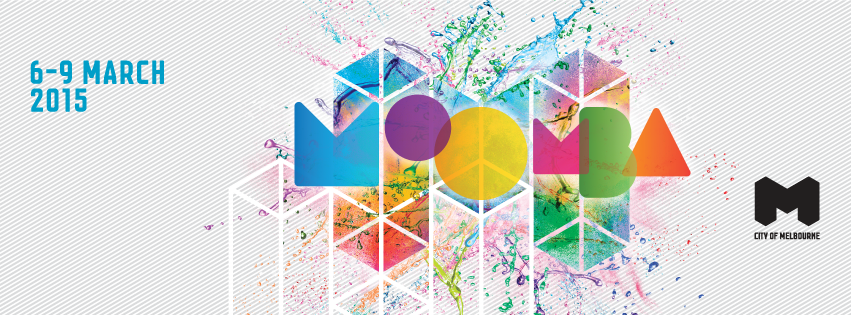
Click here for the MOOMBA FEST website Post by Moomba Festival.
Filhos da Bahia
21st CFdB International Encounter 2015
MARCH 12 – 15, 2015
in MELBOURNE, AUSTRALIA
CFdB Academy
83 -85 Little Oxford Street, Collingwood VIC 3066
www.capoeirafdb.com
TO BOOK:
Contact Mestre Val Boa Morte
0448801192
mestreval@capoeirafdb.com
PROGRAM is TO BE CONFIRMED
Please WATCH THIS SPACE for UPDATES :)
JOIN THE FB EVENT PAGE
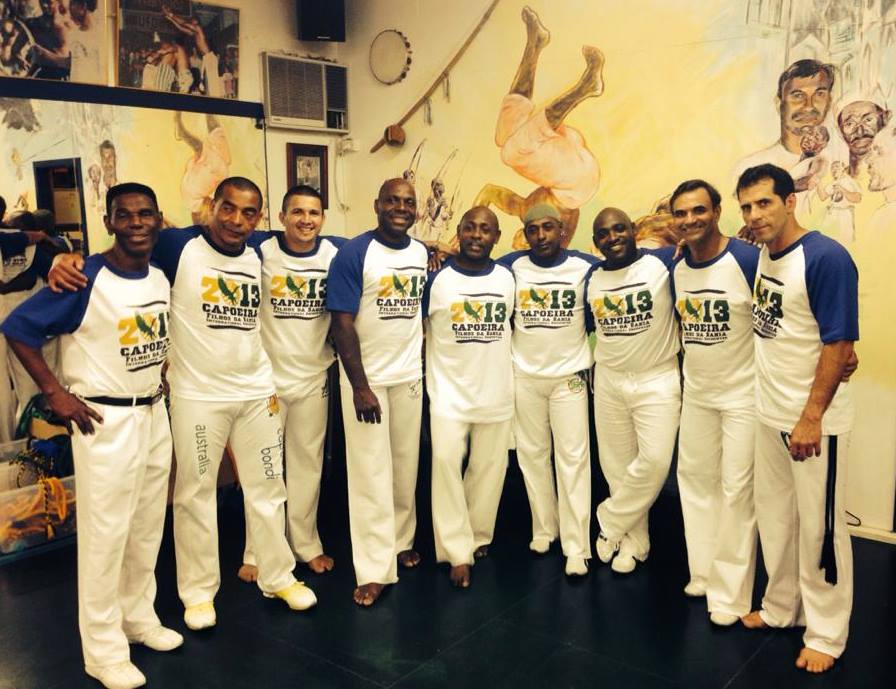
This year..
We Honour Yemanja at Ventana Fiesta FRANKSTON – SAT March 14th
Once again, in a Beachside Ceremony & Offering at Frankston Beach followed by the Ventana Latin Festival Street Parade.
In Brazil, Yemanja is celebrated each year on February 2nd.
Ventana Latin Festival is in it’s 9th Year and Mestre Val has been very dedicated to continuing to grow it, supporting the Organisers and presenting Capoeira & Brazilian Culture and stories for the City of Frankston & the visiting community.
Nowhere else in Australia, does the Afro-Brazilian culture of Honouring the Orisha exist in a Festival Program.
So in 2015, we are HAPPY to include it in the 21st CFdB International Encounter Program!
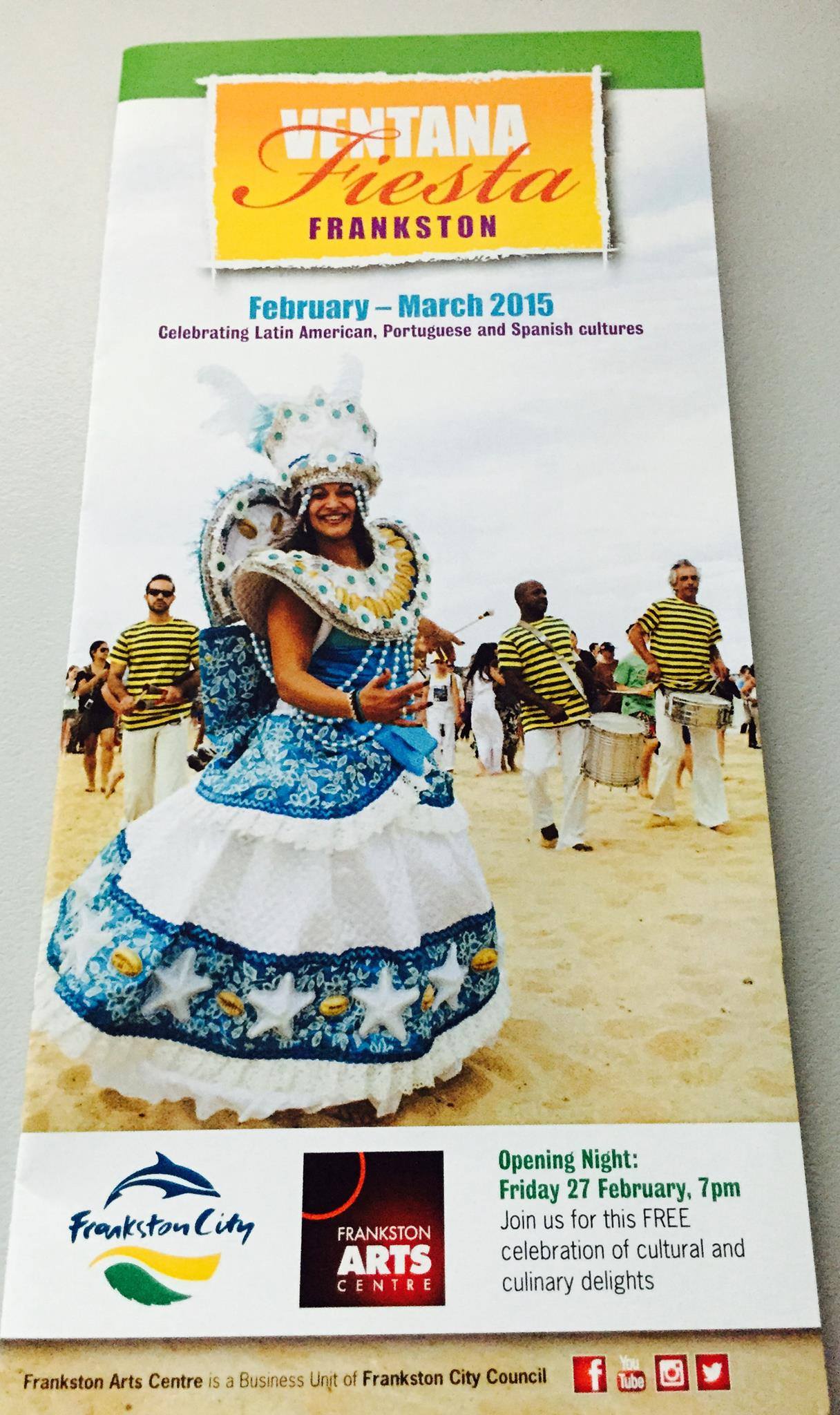
CFdB & Capoeira Samba Show at ST KILDA FESTIVAL 2015
MESTRE OF THE MONTH – Mestre Bimba
Mestre Bimba
‘Manuel Dos Reis Machado’
November 23, 1899 – February 5, 1974
February 5th – The Anniversary of Mestre Bimba’s Death
The Creator of Capoeira Regional
MESTRE BIMBA’s MONTH
February @ Capoeira Filhos da Bahia School
Come & Enjoy learning
“Mestre Bimba Style” CAPOEIRA REGIONAL
Let’s all SHARE THE BRILLIANCE of MESTRE BIMBA’s Capoeira
The son of Luiz Cândido Machado and Maria Martinha do Bonfim, Manuel dos Reis Machado known famously as Mestre Bimba was born on November 23rd, 1900, at the “Bairro do Engenho Velho” in Salvador, Brazil. The nickname “Bimba” came up due to a bet between his mother and the midwife during his birth; his mother bet that he was going to be a girl and the midwife bet he would be a boy. After he was delivered, the midwife said it’s a boy, look at his “bimba” (penis). He started learning Capoeira when he was 12 years old, with a capitão da Companhia Baiana de Navegação from Estrada das Boiadas in Salvador called Bentinho, even though, in those days, the authorities were still persecuting Capoeira. He would later be known as one half of the legendary founding fathers of contemporary Capoeira. The other would be Mestre Pastinha, the father of Capoeira Angola.
The Birth of the Regional Style
At 18, Bimba felt that Capoeira had lost all its efficiency as a martial art and resistance, becoming a folkloric activity, reduced to nine movements. It was then that Bimba started to retrieve movements from the original Capoeira fights and added movements from another African fight called Batuque – a vicious grappling type of martial art that he learned from his father, as well as introducing movements created by himself. This was the beginning of the development of Capoeira Regional.
In 1928, a new chapter in the history of Capoeira begun, as well as a change in the way black people were looked upon by the Brazilian society. After a performance at the palace of Bahia’s Governor, Juracy Magalhães, Mestre Bimba was finally successful in convincing the authorities of the cultural value of Capoeira, thus ending the official ban in the 1930’s.
Mestre Bimba founded the first Capoeira School in 1932, the Academia-escola de Capoeira Regional, at the Engenho de Brotas in Salvador, Bahia. Previously, Capoeira was only practiced and played on the streets. However, Capoeira was still heavily discriminated by upper class Brazilian society. In order to change the slyness, stealthy and malicious reputation associated with Capoeira practitioners at that time, Bimba set new standards to the art.
His students had to wear a clean, white uniform, show proof of grade proficiency from school, show good posture and many other standards. As a result, doctors, lawyers, politicians, upper middle class people, and women started to join his school, providing Bimba with better support.
Capoeira Regional is Established
In 1936, Bimba challenged fighters of any martial art style to test his Regional style. He had four matches, fighting against Vítor Benedito Lopes, Henrique Bahia, José Custódio dos Santos and Américo Ciência. Bimba won all matches.
In 1937, he earned the state board of education certificate after he was invited to demonstrate Capoeira to the President of Brazil at that time, Getúlio Dorneles Vargas.
In 1942, Mestre Bimba opened his second school at the Terreiro de Jesus – rua das Laranjeiras; today rua Francisco Muniz Barreto. The school is open until today and supervised by his former student, “Vermelho”. He also taught capoeira to the army and at the police academy. He was than considered “the father of modern Capoeira”.
Important names to the Brazilian society at that time such as Dr. Joaquim de Araújo Lima , Jaime Tavares, Rui Gouveia, Alberto Barreto, Jaime Machado, Delsimar Cavalvanti, César Sá, Decio Seabra, José Sisnando and many others were Bimba’s students.
Bimba’s Legacy
Mestre Bimba was a coalman, carpenter, warehouse man, longshoreman, horse coach conductor, but mainly Capoeirista; a giant with strong personality! Unhappy with false promises and lack of support from local authorities in Bahia, he moved to Goiânia in 1973 by invitation from a former student. He died a year later, on February 5th, 1974 at theHospital das Clínicas de Goiânia due to a stroke.
Bimba managed to recover the original values within Capoeira, which were used amongst the black slaves centuries before him. For Bimba, Capoeira was a fight but “competition” should be permanently avoided since he believed it was a “cooperation” fight, where the stronger player was always responsible for the weaker player and helped him to excel in his own fighting techniques.
Mestre Bimba fought all his life for what he strongly believed was best for Capoeira and succeeded. After he died in 1974 one of his sons, Mestre Nenel , at 14, took over his father’s Capoeira academy. Mestre Nenel is still responsible for the remarkable cultural and historical legacy his father left him and he is the President of Filhos de Bimba School of Capoeira.
Bimba’s Academy Rules
Bimba strongly believed Capoeira had an extraordinary value as a self-defence martial art, hence his efforts to develop its learning in a structured and methodical way.
Bimba developed a Capoeira teaching method with commandments, principles and traditions , which are still part of the Capoeira Regional up to this day. Some of his commandments are:
- To stop smoking and drinking since it interferes with the players’ performance
- To avoid demonstrating one’s progression as a Capoeira player outside the academy
- Avoid conversation during training, instead observe and learn from watching
- Practice daily the basic fundamentals
- Do not be afraid to come close to your opponent – the closer that you get, the more you will learn
- Keep your body relaxed
- It is better to get beat up in the roda than on the streets
Bimba also established his own Capoeira principles to fundament his Capoeira teaching method:
- “ Gingar sempre” (to Ginga always) “Ginga” is the Capoeira basic movement
- “ Esquivar sempre ” (to Esquiva always)
- All movements must have a purpose
- To preserve a constant fixed position on the ground
- To play according to the rhythm determined by the berimbau
- To respect a player when he/she can no longer defend an attack movement
- To protect the opponent’s physical and moral integrity
Consequently, Bimba created several traditions and rituals to support his methodology:
- A chair was used in order to train beginner students/players
- The “ charanga ” is the Capoeira orchestra, composed by a berimbau and two pandeiros
- The singing, songs composed by Bimba to accompany the game
- The “ batizado ”
The aspects that still makes Capoeira Regional so peculiar and outstanding is its method:
- Admission exam;
- The “ sequência ” of the basic 17 Capoeira attack and defence movements
- Practice of the different rhythms of the game
- Specific movements: traumatizing, projection, connected and unbalancing
- Practice of “ cintura desprezada ”
- “ Formatura ”
- “ Especializacdo ” and “ emboscada ”
Celebrating 15 YEARS of CFdB in Collingwood Academy
CFdB 83-85 Little Oxford Street, Collingwood VIC 3066 – Since FEBRUARY 5th 2000
Mestre Val Boa Morte says 5th of February 2015 celebrates our completing 15 Years since The Collingwood Academy Opening. There has been SO many great people who have visited us and trained with us here!
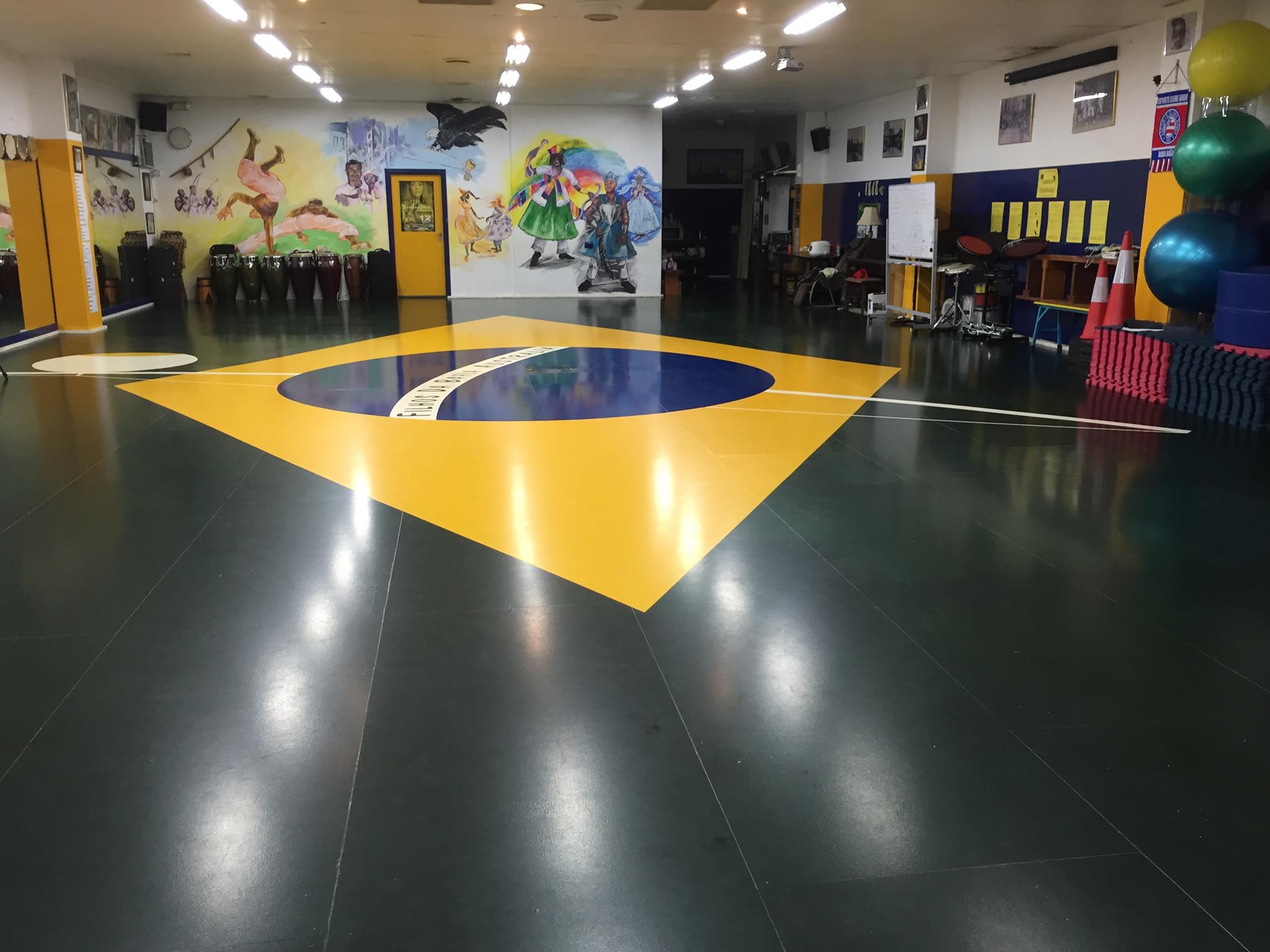
CFdB at ST KILDA FESTIVAL 2015
THIS SUNDAY – Please JOIN US from 12 NOOON!
EVERY YEAR – it has become a Melbourne Tradition to have Mestre Val Boa Morte & Capoeira Filhos da Bahia students alongside Capoeira Samba Show & Dance City Productions give a combined Capoeira & Samba Demonstration & Performance as well as hosting a Street Roda for all to enjoy & participate in.
Register your attendance on FACEBOOK EVENT PAGE
and let Mestre Val know that you are coming!
0448801192 | mestreval@capoeirafdb.com
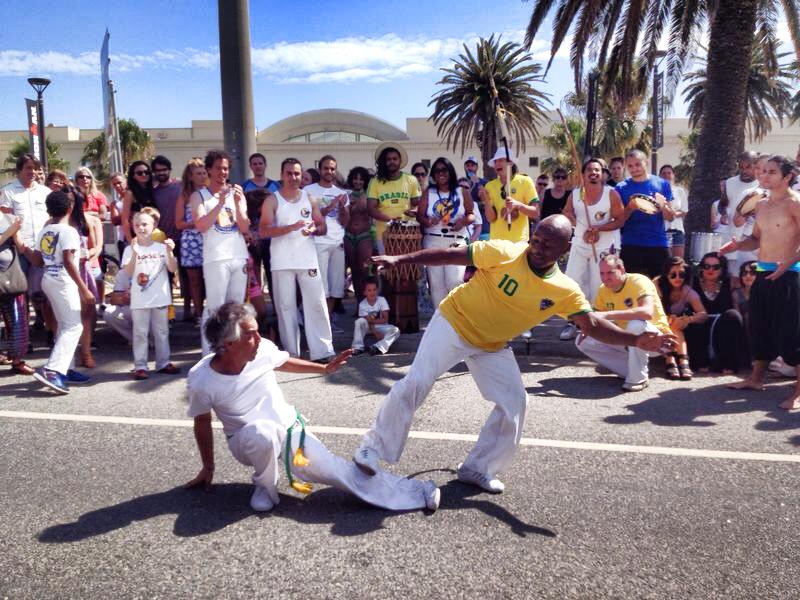
<<< ON THE DAY >>>
11am MEET in front of NANDOS RESTAURANT
on ACLAND STREET – St Kilda
All CFdB students are to wear FULL WHITE UNIFORM
12:30pm – 1pm CFdB RODA & DEMONSTRATION at
(please be ready by 12noon)
Performances are also at:
11:30am – 12noon
1:30pm – 2pm
3PM on LATIN QUARTER STAGE Performance
with FULL SHOW Drumming, Capoeira & Samba Dancers:
Capoeira Samba Show & Dance City Production
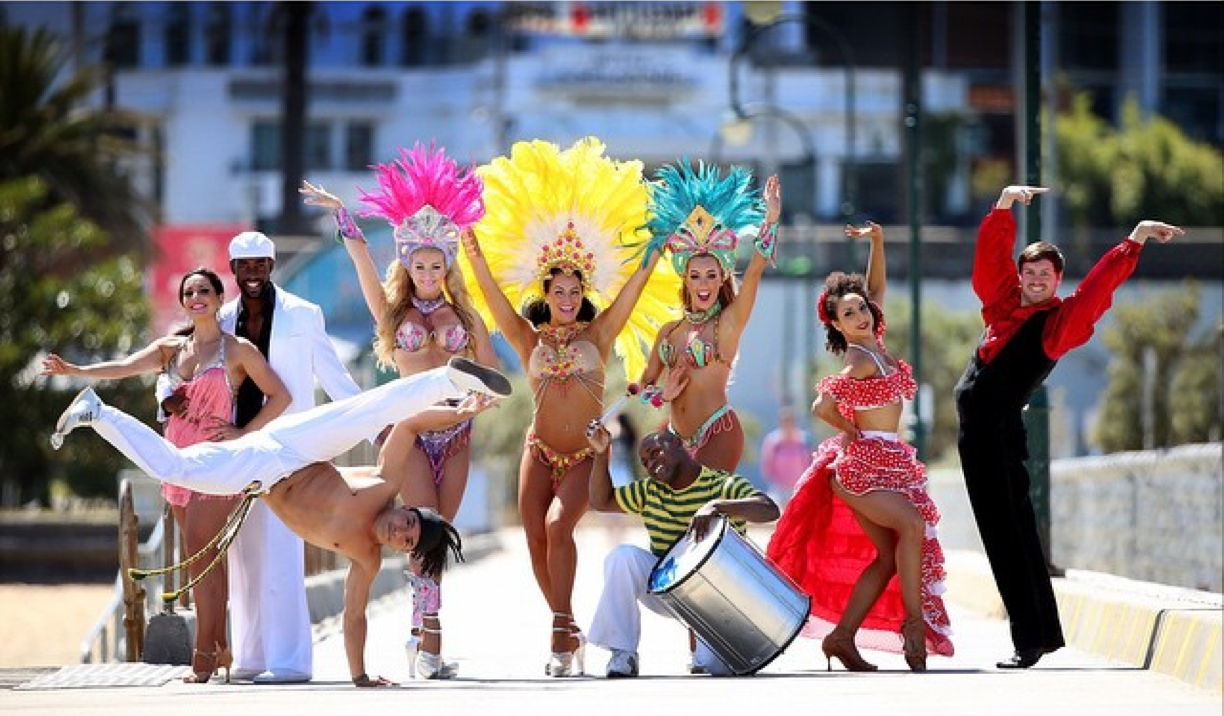
NEW Capoeira Kids Classes – Tuesdays
A New Capoeira Kids Class is now programmed on Tuesdays at 4:30pm – here at Capoeira Filhos da Bahia School. If any of you are interested, we will start the new Tuesday class next week for the older kids and kids with Experience in Capoeira.
Place your interest on the Capoeira Kids FB page because the number is limited and there is already 8 kids signed up for it.
– Mestre Val Boa Morte
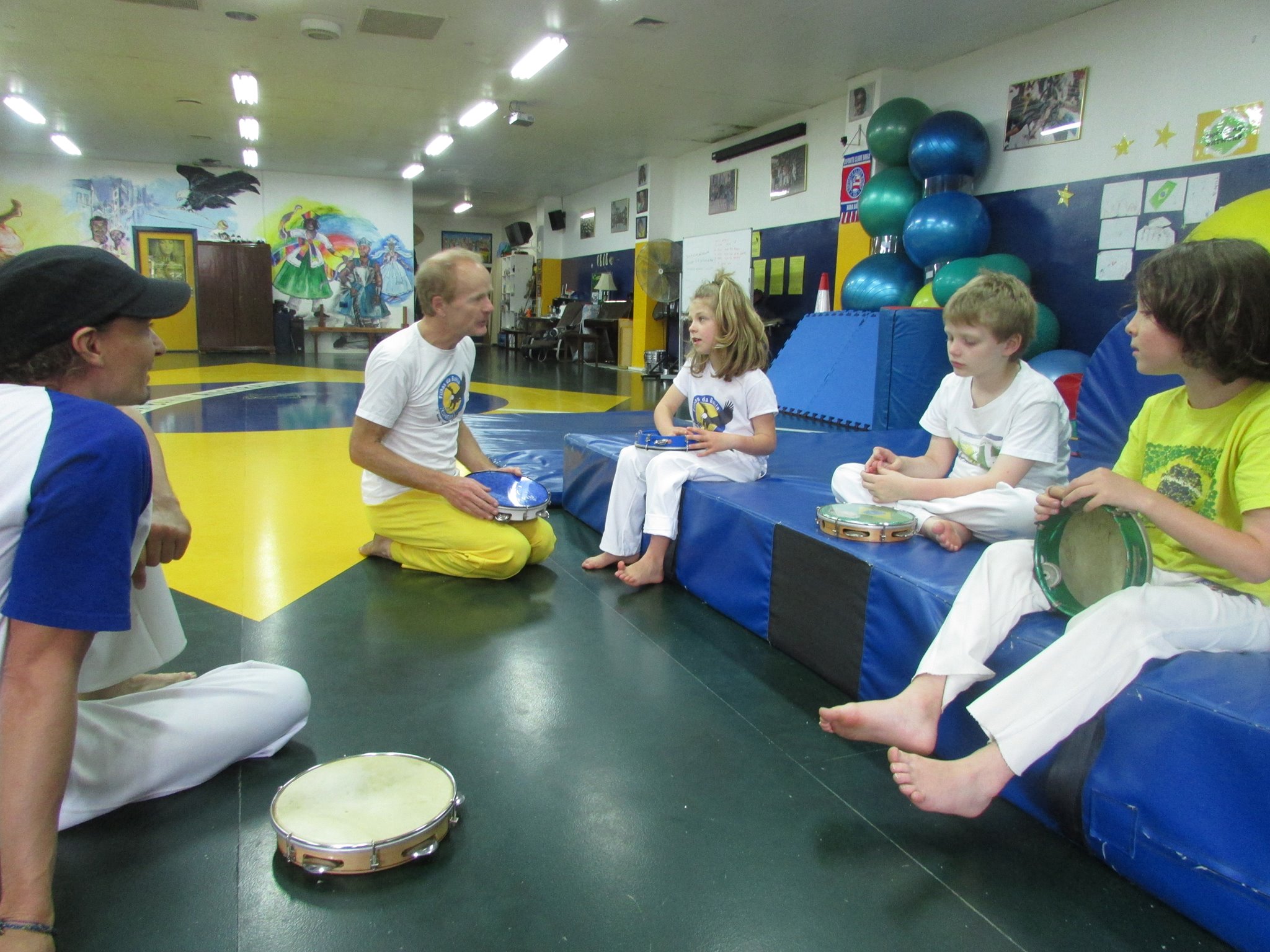
First Class of 2015
Welcome 2015, this Year we will be firm and strong working for the community and Prospering together with you our friends and Community.
If you ever being part of that space, just passed, willing to visit us and have something positive to share, please place a comment and share.
Bem Vindo 2015, estaremos firme e forte este ano trabalhando em pro da nossa Comunidade e Prosperando juntamente com voces nossos amigos e Comunidade.
Se algum de voces e ou ja foi parte, que nos visitar ou simplesmente passou por aqui deixa algum comentario.

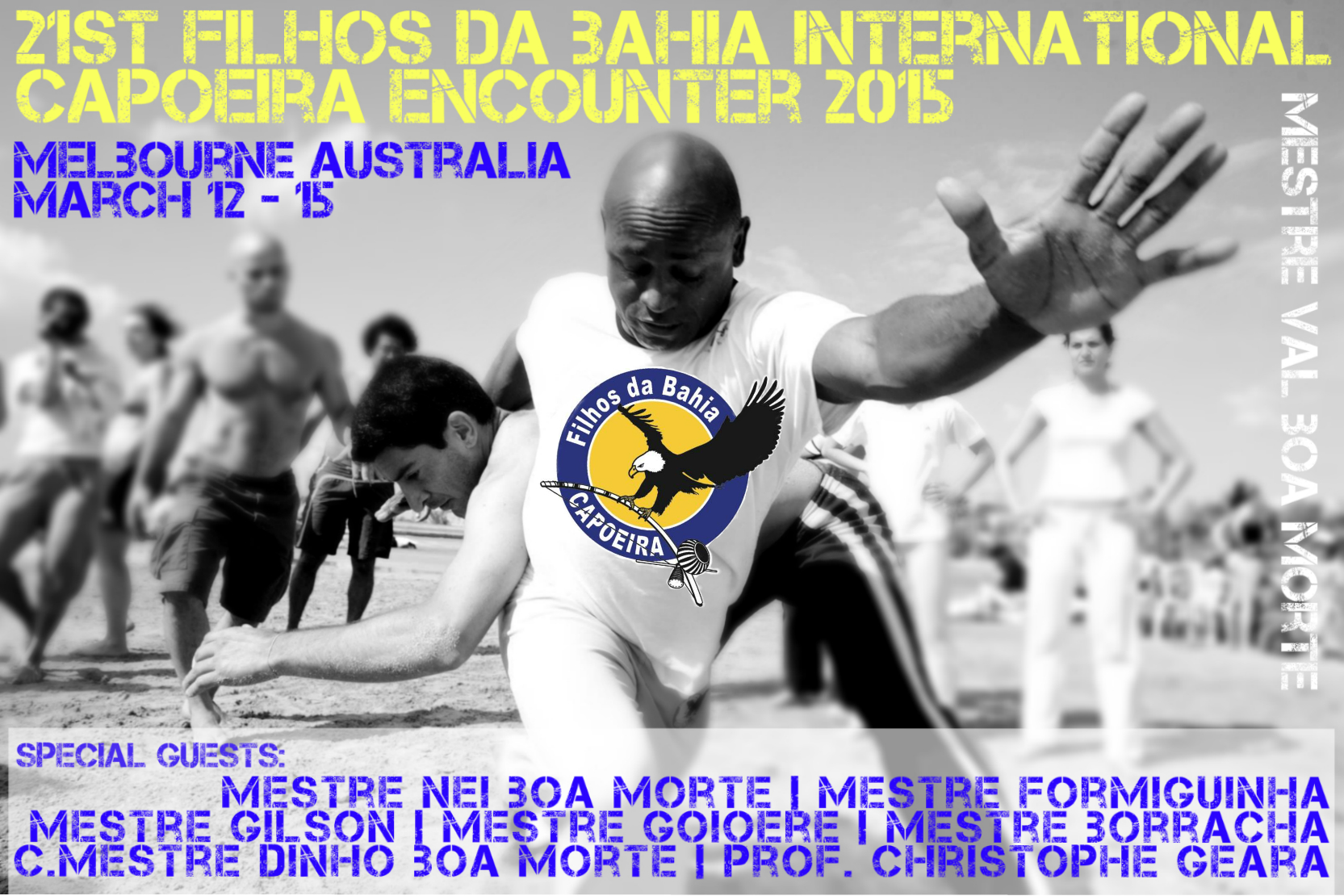

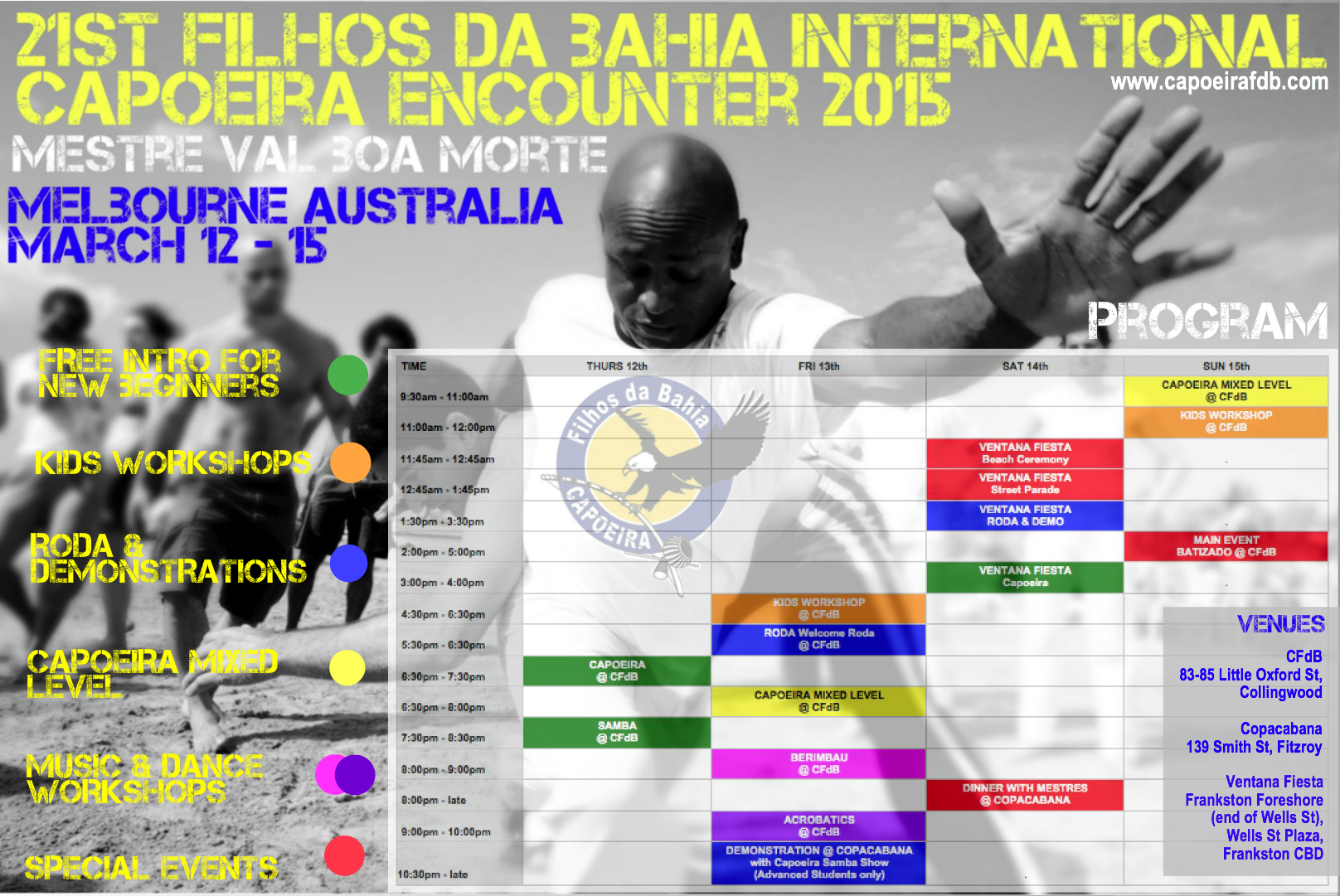
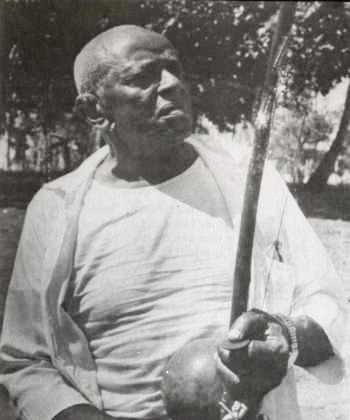
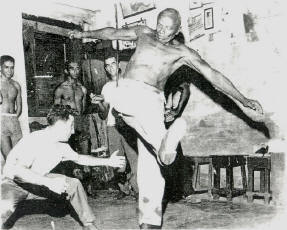
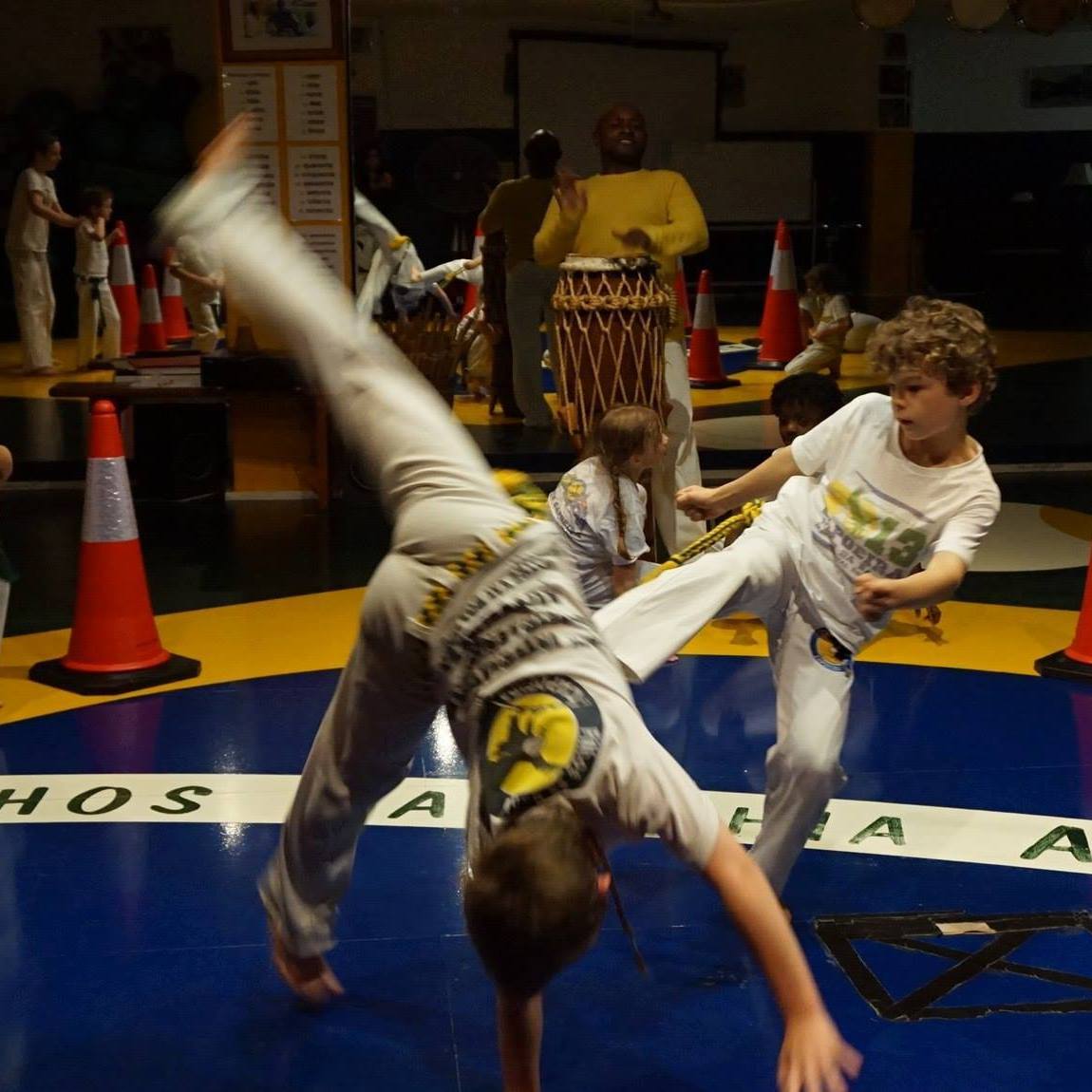

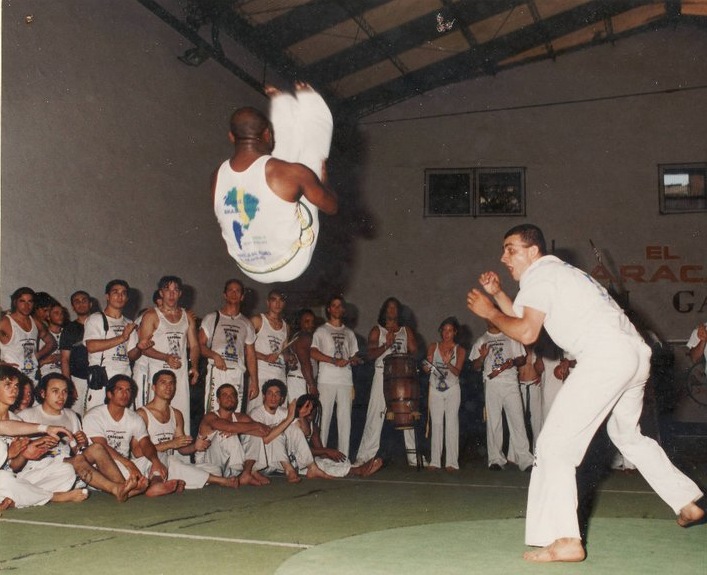
You must be logged in to post a comment.